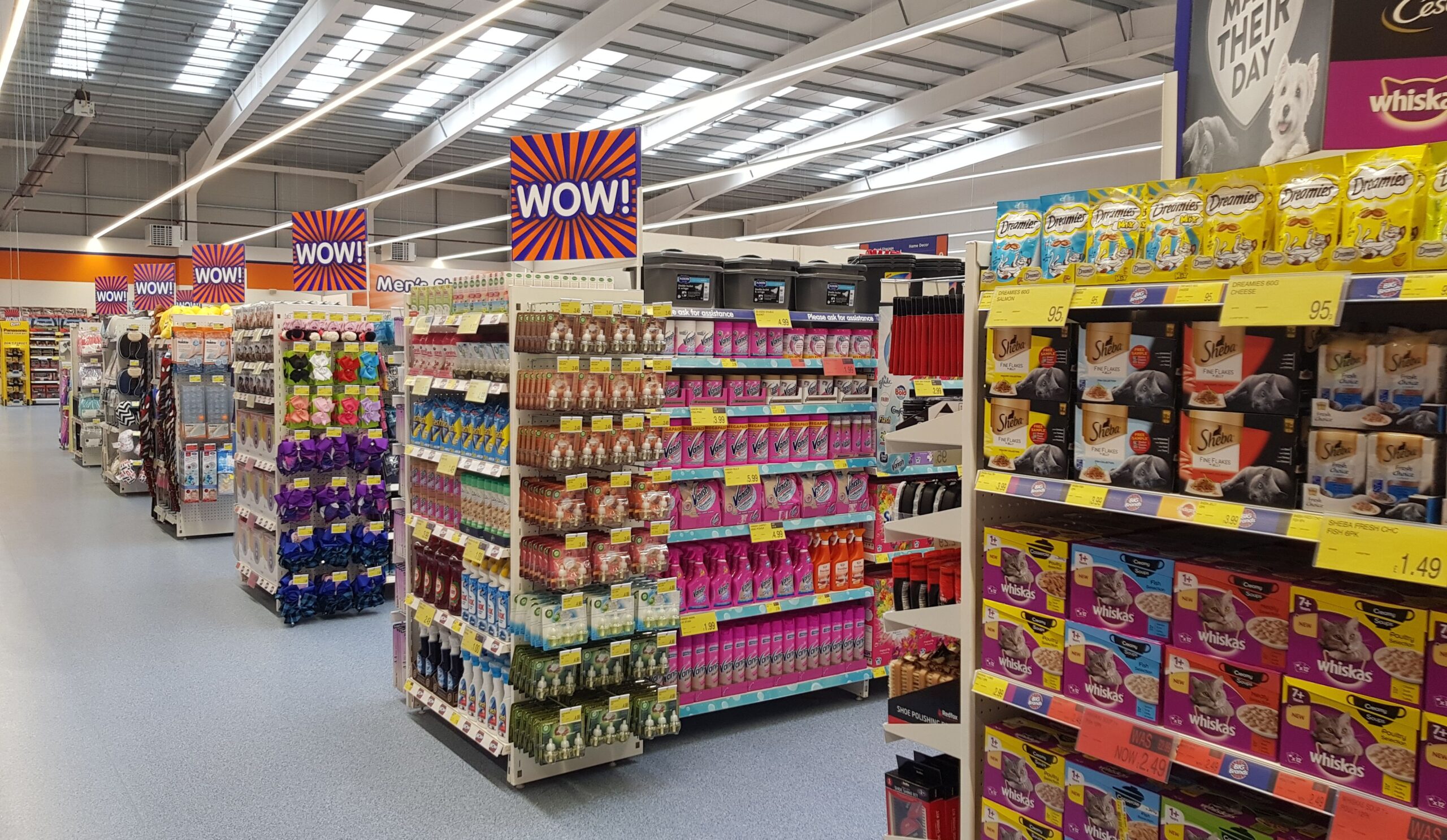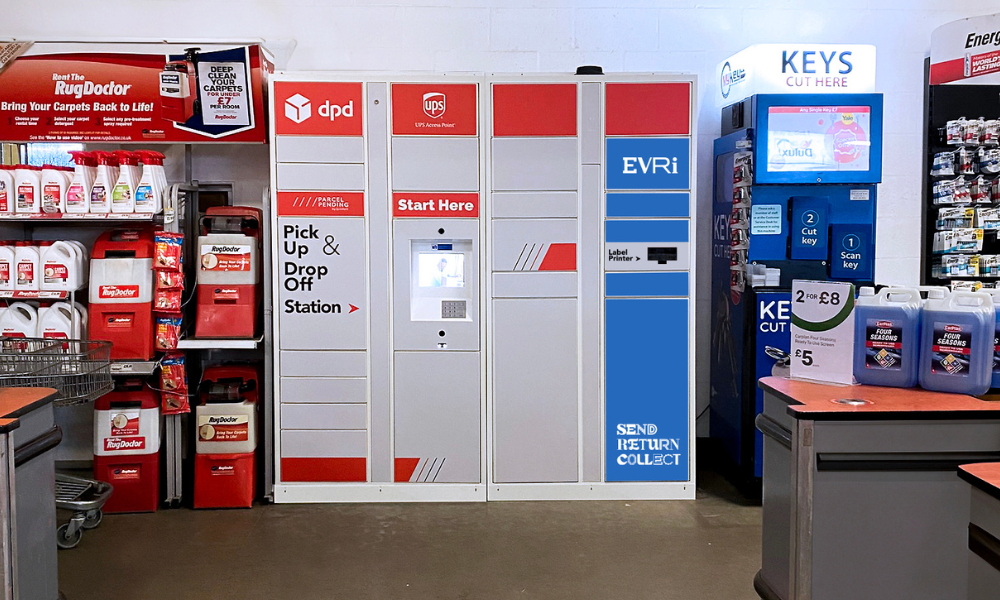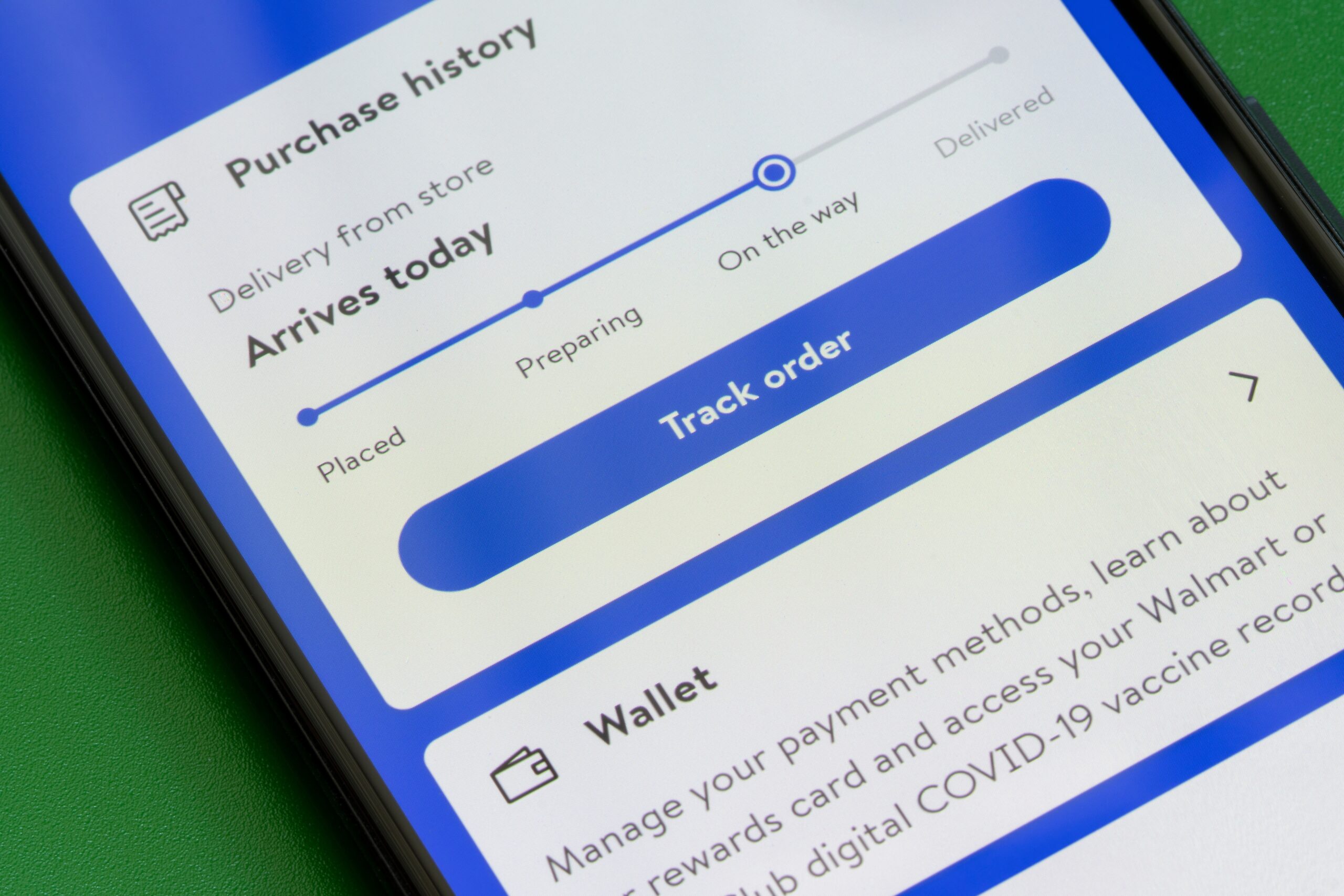It’s safe to say the retail sector has had a challenging few years, as high street stores were forced to close for months on end during the lockdowns of 2020 and 2021.
Throughout the course of the COVID-19 pandemic especially, we’ve seen the e-commerce industry experience rapidly increasing demand, resulting in the fashion sector having to quickly evolve to stay at the top of the game.
But even now restrictions have eased, stores have long since reopened and the world is beginning to return to a sense of normality, we’ve seen many consumers move away from visiting high streets and shopping centres, and physically shifting through racks of clothes, to browsing items from the comfort of their own homes and making purchases at the click of a button.
As a result, for many retailers it is becoming increasingly common for consumers to expect more choice, faster delivery and lower costs, whilst still desiring excellent customer service and consistently high standards.
The UK in particular is one of the world’s largest fashion markets and home to some industry leaders, such as Next, ASOS and Marks and Spencer. This year, the UK’s fashion market revenue is expected to reach £60.1 billion, and fashion e-commerce is predicted to grow to £33.67 billion1.

To cope with this increasing shift in consumers‘ expectations, brands are turning to third-party logistics partners for support, as internal warehousing capacities are no longer able to keep up with demand.
There are numerous aspects of third-party logistics which fashion retailers can benefit from, such as the assurance of speed to market, improved efficiency through automated operations, and sustainable and innovative warehousing, resulting in a reduced carbon footprint. Generally, the industry also has the added pressure of dealing with a high rate of returned items, which requires know-how in order to be processed effectively.
By turning to third-party logistics providers, retailers can be provided with a flexible and dynamic service, covering all aspects of supply chain management, from the point of manufacture through to the point of delivery to store or consumer.
Alongside the desire to have clothing arrive at their doorstep within five days or less, consumers are also seeking a more personalised experience, where they can benefit from a positive customer-to-retailer relationship that leaves them wanting to go back for more.
By outsourcing logistics operations and seeking industry specialists, fashion brands can focus on what really matters most – their consumers.

Here at Rhenus Warehousing Solutions Lutterworth, we have witnessed the importance of a strong customer relationship first hand. Our tailored, human-led approach to delivering a high-quality service has allowed us to build a strong relationship within the fashion industry, and do much more than simply offer a ‘paid-for service’.
We handle hundreds of millions of fashion items per annum, with care, sensitivity and attention to detail. Going the extra mile in this way is what customers look out for, and perhaps put at the top of their list of priorities.
With all of this in mind, the ongoing e-commerce boom is a key moment for fashion brands to look to third-party logistics suppliers, and find a way to secure their place as the retailer of choice in a demanding, digital world.
To find out how Rhenus Warehousing Solutions Lutterworth can help your business, please telephone 01455 200700 or email wslutterworth@rhenus.com. Alternatively you can discover more about the company and their services by visiting www.rhenus.group/uk/ or from their LinkedIn channel

About Rhenus
The Rhenus Group is one of the leading logistics specialists with global business operations and annual turnover amounting to EUR 7.0 billion. 37,500 employees work at 970 business sites and develop innovative solutions along the complete supply chain. Whether providing transport, warehousing, customs clearance or value-added services, the family-owned business pools its operations in various business units where the needs of customers are the major focus at all times.







